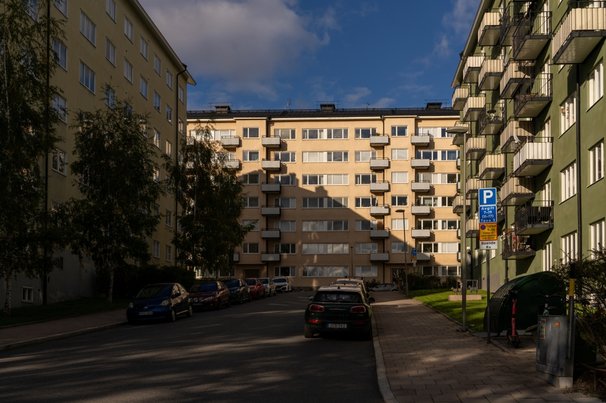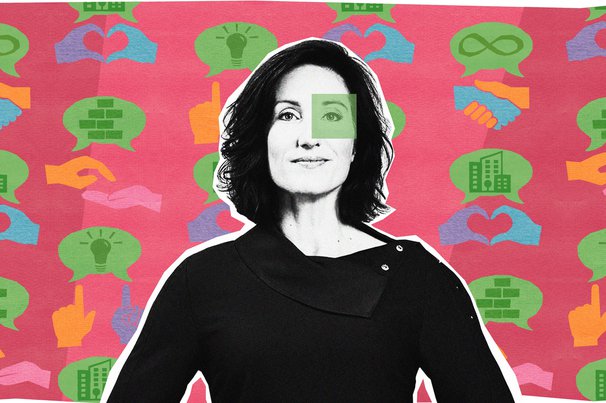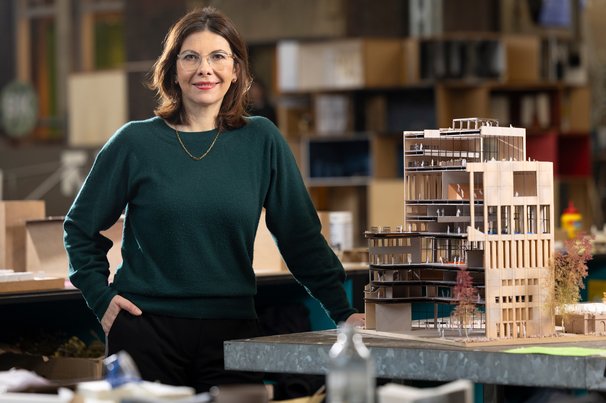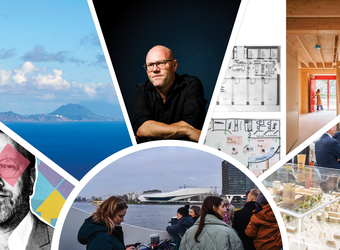Recensie Climate change puts pressure on the discharge measures taken in delta cities. Heavy precipitation in the highly urbanized areas is difficult to discharge. The systems do not have the capacity and are inflexible and need to be altered for the future situation.
At the same time the aging cities (in Europe 70% is build after WW II) need redevelopment. Tuning and integration of urban water and real estate management seems obvious. However, it does run across a few problems:
- Development often aims at densification whilst the urban water system also claims space.
- Water managers work with a linear planning and single aims with normative objectives. Urban developers have a wide range of aims and objectives wherein the result a product is of negotiation.
- There is a dissonance between the scale of the water task and the scale of redevelopment: the water task will be dealt with in little steps and not wholesome resolutions.
Redevelopment is done of the basis that there is a discrepancy between the potential possibilities and the level of the current use. That creates space for investments with the aim at improving the spatial circumstances, the real estate. The improvements lead to a balance in the position in the market of the location, the urban area, and the function and status of the real estate in that area.
Within the discussion about the new water task, projects developers are not present and water managers are dominating with modelling and technological solutions. In addition to the role of developing and promoting new technologies, innovation based upon the involvement of users should be increasingly adopted. The involvement of stakeholders will help overcome key technological, institutional, and economic barriers to sustainable water management. The sustainability paradigm implies the need for multiple disciplinary actions, ensuring the widest possible engagement of key stakeholders in the decision- making process.
Starting-points:
1. Climate change is a global issue: information exchange on a global scale is necessary.
2. The research is aimed at practical solution strategies, on the scale of urban development.
3. The framework of the case studies is build up by local developments, life cycles of real estate, ownership patterns…
4. The focus of the research is the study of examples in their own local, institutional, and social frameworks.
5. The research is done by water managers and real estate developers.
6. The research will be done with other institutions and research networks (UNESCO, IHE, TU Delft etc.) Also, considered it to choose case studies of the project SWITCH (Sustainable Water Management Improves Tomorrow's Cities' Health). The overall goal of the SWITCH project it to catalyse change towards more sustainable urban water management in the “City of the Future”. The SWITCH Consortium has 33 partners around the world. The SWITCH consortium is lead by UNESCO-IHE Institute for Water Education, based in Delft. The cities are Hamburg, Birmingham, Lodz, Zaragossa, Tel Aviv, Alexandria, Accra, Beijing, Chongqing and Belo Horizonte.
7. Each case will be studied by juridical, institutional, cultural, social, financial aspects.
8. Main question in studying the cases is, if tuning and integration of urban water - and real estate management is done. This is the element of comparison between the case studies.
9. The research is done at the departments of Real Estate & Housing and Urbanism, faculty of Civil Engineering and Geo Sciences and UNESCO-IHE. Besides researches also students can contribute.
More Urban Water: Design and Management of Dutch water cities
ISBN
: 9780415453585 ISBN-10: 0415453585
Publisher: Taylor and Francis
Pages: 240
The perceptibly changing climate has resulted in more precipitation in a small number of short periods. As most urban water management systems are developed at a time when precipitation was distributed more evenly throughout the year, they cannot deal properly with the new circumstances, and high groundwater levels and excess water are the result. In practice, many urban dwellers are consequently confronted with flooded cellars and inaccessible urban infrastructure. To solve these phenomena in the future, a major part of the urban water programmes for the next few decades consists of restructuring and transformation of existing urban areas, in which water management is considered as an integral part of urban renewal activities and in which its capacity is compliant with the urban area scale. With an integral approach, this book treats the relation of urbanism and water management in Dutch water cities. It also treats the financial aspects of the adjustment of existing water systems to meet the changes in the urban hydrological cycle. It presents the typology of typical current and future Dutch water cities, their urban function and the ecological and technical aspects. Separate chapters deal with the transformation of the historical city, the consolidation of the inner-war city and the restructuring of the post -war city to meet future conditions. The final chapter presents a comparison of the Dutch situation with South Korean, Japanese and German urban areas.
The book will be published in Chinese by the Department of Water Resources (China Institute of Water Resources and Hydropower Research 1 Yuyuantan South Road, Haidian District, Beijing, 100038, PRC)
Cover: ‘Delta(programma) Nederland (Flickr)’ door Nature & Birds (bron: Flickr)






